Service hotline
+86 0755-83044319
release time:2024-08-30Author source:SlkorBrowse:18090
BYD Semiconductor focuses on the R&D, production, and sales of power semiconductors, smart control ICs, smart sensors, and optoelectronic semiconductors. Its products are widely used in automotive, industrial, home appliances, renewable energy, and consumer electronics sectors.
In the automotive sector, leveraging its expertise in automotive-grade semiconductors, BYD Semiconductor now mass-produces IGBTs, SiC devices, IPMs, MCUs, CMOS image sensors, electromagnetic sensors, and LED components. These products cover motor drive control, thermal management, body control, battery management, in-car imaging, and lighting systems. The company is also advancing high-tech automotive-grade semiconductors like BMS AFE to address industry gaps and support the high-quality development of new energy vehicles, aiming for autonomous, secure, and rapid growth in China's automotive chip industry.
In the field of SiC devices, BYD Semiconductor's products mainly include SiC single devices and SiC modules. They use an IDM model and have established a complete industrial chain covering chip design, wafer manufacturing, module packaging and testing, and system-level application testing. BYD is a global leader and the only domestic company that has achieved large-scale application of SiC three-phase full-bridge modules in motor drive controllers for high-end electric vehicles. Their IGBT and SiC products are primarily supplied to BYD Group's internal vehicles but also to other manufacturers like Sokon, Yutong, Foton, Ruiling, Beijing Times, Inovance, Blue Sea Huateng, and Huichuan Technology.
BYD has used silicon carbide (SiC) in vehicles for 5-6 years, initially in OBCs (on-board chargers) and later in on-board springs and electric controls. Their 2020 and 2021 sales revenues for SiC modules were 142 million RMB and 114 million RMB respectively, showing an upward trend and nearing their previous IGBT module sales. The gross margins were high at 55.55% and 62.44%, with unit prices 2-3 times that of IGBTs. In 2021, BYD's SiC device revenue approached 200 million RMB and is expected to reach nearly 500 million RMB in 2022.
Regarding capacity expansion, BYD has planned new projects for this year. On June 15, 2023, the Shenzhen Ecological Environment Bureau announced BYD's carbon carbide epitaxial pilot line expansion project, with an investment of 214 million RMB to increase SiC epitaxial wafer production capacity to 18,000 wafers per year. The project includes equipment installation and is scheduled for completion by September 2023.
In addition to epitaxial wafers, BYD has also made significant progress in SiC substrate technology. The 4-inch SiC wafer performance has reached world-leading levels.
BYD plans to invest 3.1 billion RMB in three projects, with 730 million RMB allocated for SiC projects, including a new SiC power semiconductor wafer manufacturing line in Ningbo. Once completed, the new facility will have a monthly production capacity of 20,000 SiC wafers, with a five-year construction period.
Third-generation semiconductors, represented by silicon carbide (SiC) and gallium nitride (GaN), are core materials in strategic emerging industries and are highlighted in China's 14th Five-Year Plan and 2035 Vision. In the context of carbon neutrality and the transformation of the new energy system, these materials have broad application prospects in wind power, photovoltaics, new energy vehicles, and energy storage.
Industry forecasts predict that by 2026, the SiC product market will reach $3.5 billion, and the demand for GaN power products will grow to $2.1 billion. Recently, domestic companies like Sanan, InnoSeco, and Silan Minggan have been actively developing GaN projects, with around 26 projects across the entire industry chain. Leading international companies such as Infineon are also aggressively expanding their GaN initiatives.
In the SiC power device market, STMicroelectronics leads globally, driven by Tesla's demand. Companies like Wolfspeed, ON Semiconductor, and ROHM are following. Key investment and innovation areas are the substrate, epitaxy, and chip segments. While 6-inch SiC substrates are now stable in production, 8-inch substrates are still under commercialization exploration, with Wolfspeed advancing the fastest and domestic firms currently providing samples or small-scale supplies.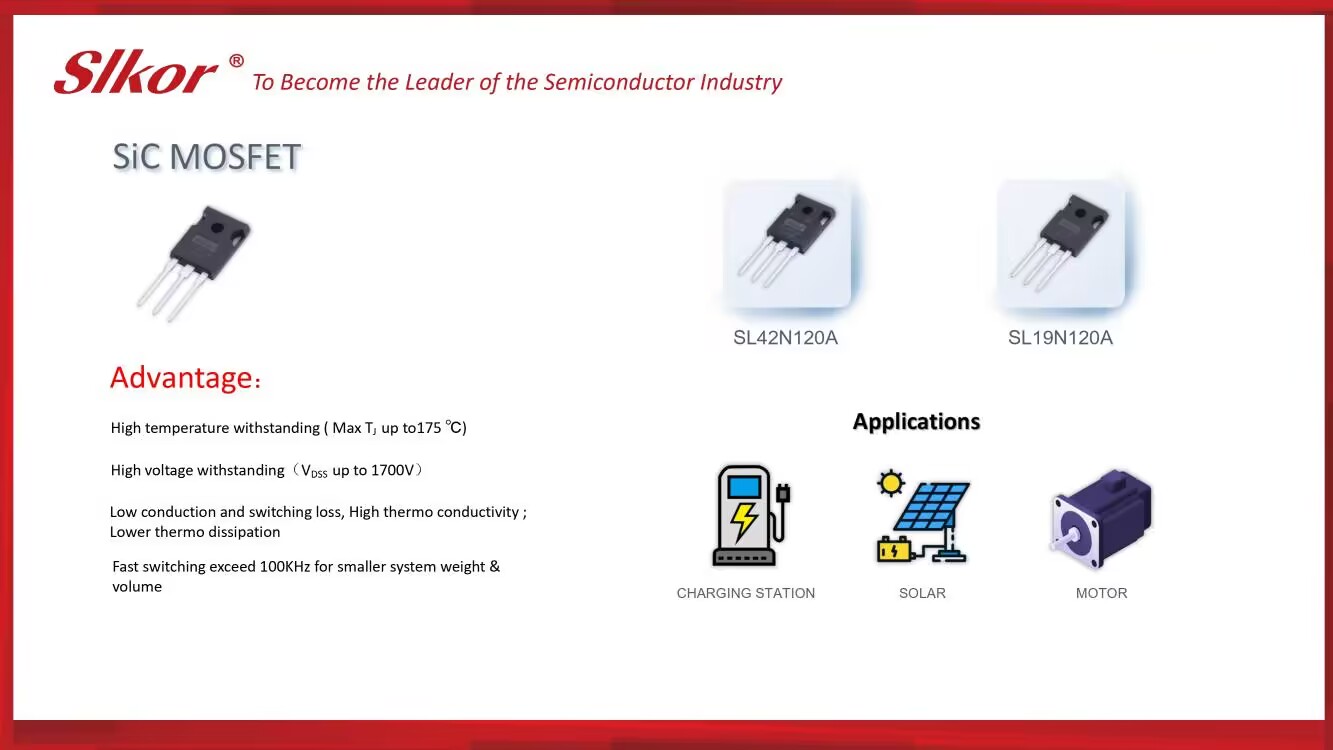
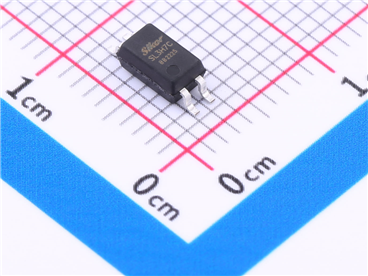
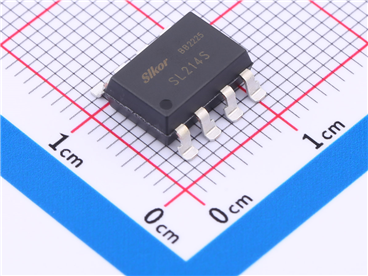
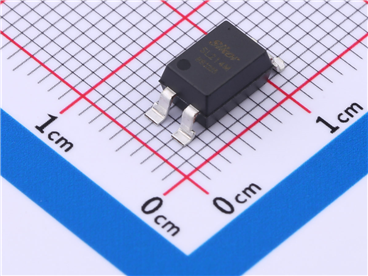
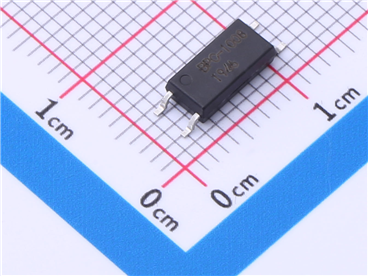
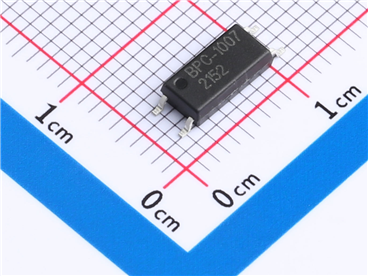


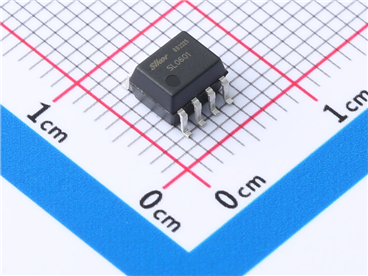

Site Map | 萨科微 | 金航标 | Slkor | Kinghelm
RU | FR | DE | IT | ES | PT | JA | KO | AR | TR | TH | MS | VI | MG | FA | ZH-TW | HR | BG | SD| GD | SN | SM | PS | LB | KY | KU | HAW | CO | AM | UZ | TG | SU | ST | ML | KK | NY | ZU | YO | TE | TA | SO| PA| NE | MN | MI | LA | LO | KM | KN
| JW | IG | HMN | HA | EO | CEB | BS | BN | UR | HT | KA | EU | AZ | HY | YI |MK | IS | BE | CY | GA | SW | SV | AF | FA | TR | TH | MT | HU | GL | ET | NL | DA | CS | FI | EL | HI | NO | PL | RO | CA | TL | IW | LV | ID | LT | SR | SQ | SL | UK
Copyright ©2015-2025 Shenzhen Slkor Micro Semicon Co., Ltd